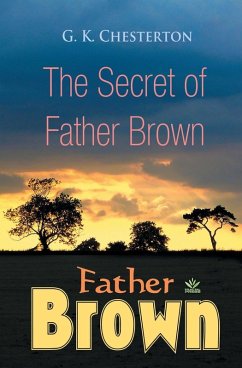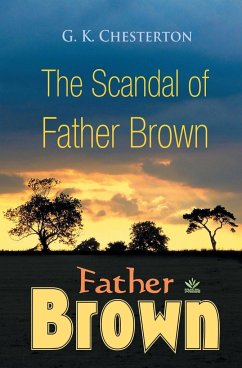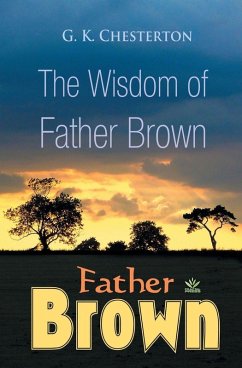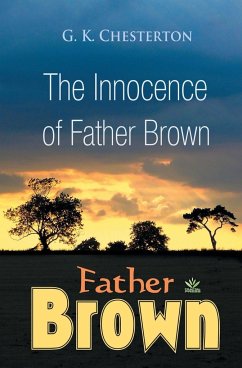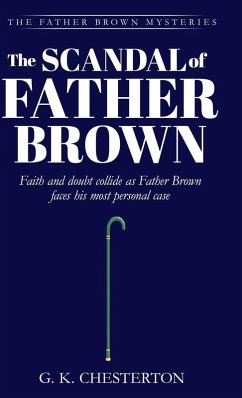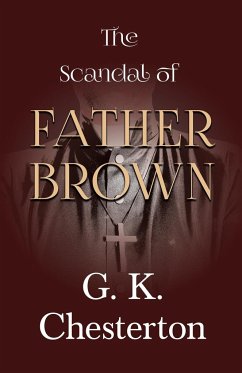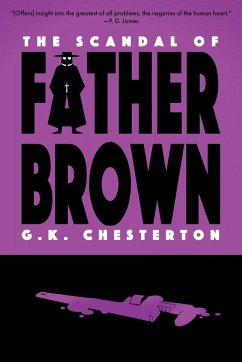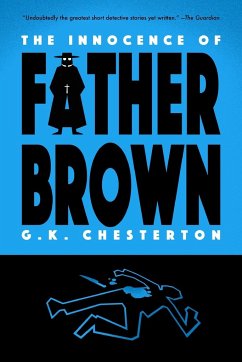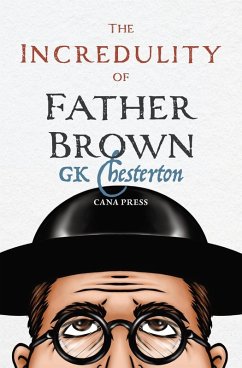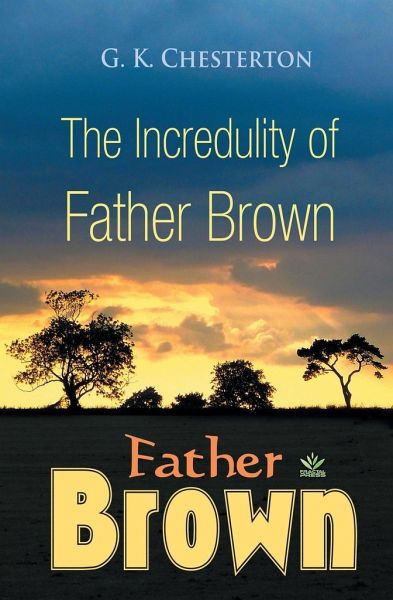
The Incredulity of Father Brown
Versandkostenfrei!
Versandfertig in 1-2 Wochen
13,99 €
inkl. MwSt.

PAYBACK Punkte
7 °P sammeln!
There was a brief period during which Father Brown enjoyed, or rather did not enjoy, something like fame. He was a nine days’ wonder in the newspapers; he was even a common topic of controversy in the weekly reviews; his exploits were narrated eagerly and inaccurately in any number of clubs and drawing-rooms, especially in America. Incongruous and indeed incredible as it may seem to any one who knew him, his adventures as a detective were even made the subject of short stories appearing in magazines. Gilbert Keith Chesterton was an English writer, often referred to as the prince of paradox. ...
There was a brief period during which Father Brown enjoyed, or rather did not enjoy, something like fame. He was a nine days’ wonder in the newspapers; he was even a common topic of controversy in the weekly reviews; his exploits were narrated eagerly and inaccurately in any number of clubs and drawing-rooms, especially in America. Incongruous and indeed incredible as it may seem to any one who knew him, his adventures as a detective were even made the subject of short stories appearing in magazines. Gilbert Keith Chesterton was an English writer, often referred to as the prince of paradox. Chesterton is well known for his fictional priest-detective Father Brown, and for his reasoned apologetics. Even some of those who disagree with him have recognized the wide appeal of such works as Orthodoxy and The Everlasting Man.



